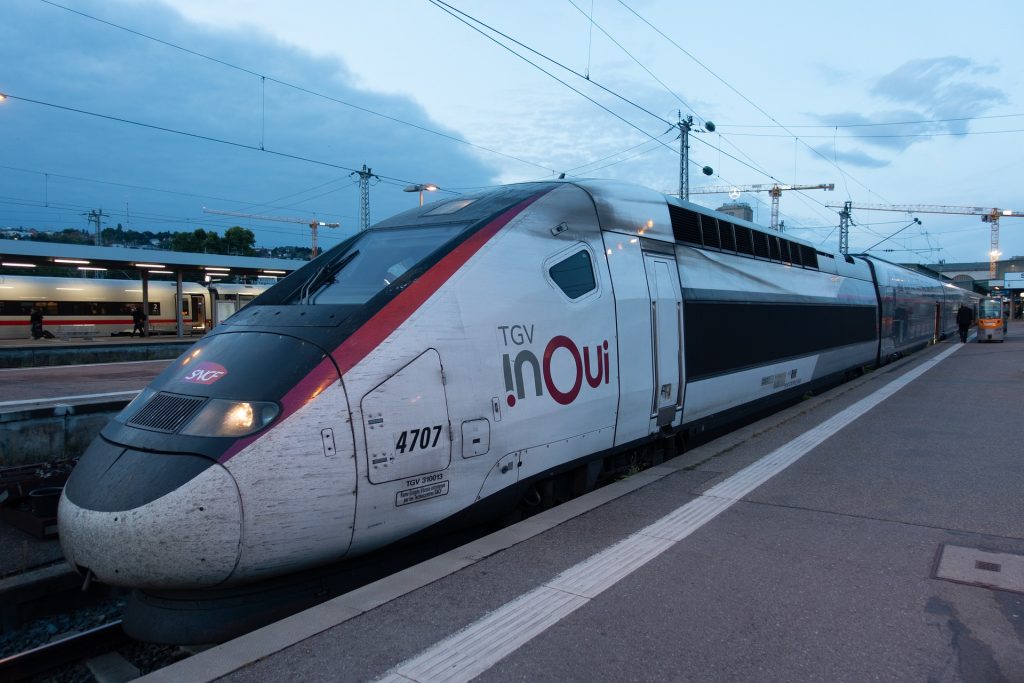Some B2B/B2G products and services are purchased by customers in the context of “projects” (or “deals”), i.e. one-off, non-recurring requests that give rise to a competition between suppliers in which there is only one winner.
These client projects bring specificities both in terms of marketing (project marketing) and in terms of commercial activity (project business).
- For example, how do you analyse a market in which there are no repeat sales of products to recurring customers but only isolated projects, where sometimes there are no projects for several years?
- Or how do you organise yourself to capture projects efficiently when most customers have no projects planned?
Project markets
Many B2B/B2G markets, not all of which are high-tech markets, operate wholly or partly on a project basis: in the construction industry, for example, which operates mainly on a project basis, repairing a section of buried pipe is a small project, just as building a large dam or a large tunnel is a large project.
There are IT projects, defence projects and even programmes (series of projects), electrical installation projects and maintenance projects. The satellite market, to take another example, is typically a project-based market.
Some projects are standard projects, others are completely tailor-made. In fact, it is sometimes difficult to distinguish between a project and a very large one-off product order, as the two can look very similar. The purchase of 30 Airbus aircraft by an airline gives rise to a competition that is very similar to a project competition.
Sale of projects
The sale of projects is characterised by a consultation (or call for tender) launched sometimes in several stages by a client with all or some of the companies in the sector and to which several companies respond. At the end of a more or less long and more or less defined process, a single company will win the project and will be responsible for its implementation.
A small project may be awarded very quickly and almost by mutual agreement, while a large project such as a high-speed train, for example, will be awarded after an “obstacle course” lasting several months or even years and after several stages of gradual selection of potential suppliers leading to exclusive negotiation and then to a final negotiation with the winning company.
Selling by project is a particular and highly emotional exercise (will you win or lose this important or prestigious project for which you have worked so hard and so long to try to win it? ) which will require different practices and a different commercial organisation from those of the simple recurrent sale of products.
If we make a quick description, the sale of projects will require successively:
- To detect projects as early as possible: arriving too late on a project will often mean that the technical or commercial groundwork has already been laid, running the risk of simply “playing the hare” to give the client a basis for technical or price comparison and to enable him to negotiate better with a supplier he has in fact already chosen.
- Decide whether or not the project detected will be followed up
- To dialogue with the client to understand the different dimensions of its needs: technical needs in terms of products and services according to its own conditions of use, economic and financial needs (including budget and allocation of expenditure lines), legal needs (contract clauses, e.g. liability or intellectual property clauses), possibly needs in terms of project management, local production or technology transfer
- Decide internally whether or not to make an offer for reasons that may be technical, economic, legal, availability of resources to carry out the work or internal authorisation
- Decide which of several possible response strategies will be used depending on the unknowns of the likely competitors, the nature and possible price of their responses
- Mobilise an internal team to draft the various aspects of the bid
- Sometimes test the bid internally in front of a different team (“red team”) playing the role of the client
- Present and explain the offer to the client, alone or in a team
- Negotiate the offer with the client
- Write the final offer and negotiate it again
- Validate all the clauses of the contract and sign it or have it signed by the hierarchy
- Explain what has been negotiated to the team in charge of implementation, which will usually be different from the project capture team, in order to avoid a possible breach of trust with the client during implementation.
The second part of the adventure will then begin: the realisation of the project, which may hold many surprises and technical or financial hazards. It will then be a matter of carrying out the project to the client’s satisfaction (so as to be consulted the next time with a certain advantage over the competition) and to achieve the projected margin calculated at the time of signing.
We can see that selling projects is a specific exercise requiring very specific individual and collective skills.
It is also an exercise in which winning a prestigious or important contract in the face of competition brings satisfaction commensurate with the disappointments encountered when contracts are lost and brings a certain amount of internal notoriety to the team that has operated.
Like any commercial activity, it leads to the monitoring of a certain number of performance indicators such as the cost of bids and the ratio between proposals submitted and business won (“hit rate”).
They will also seek to understand the causes of success with a view to improvement. The same will sometimes be true of the causes of failure, but there will be more reluctance to explore them, as no one wants to risk being held accountable.

